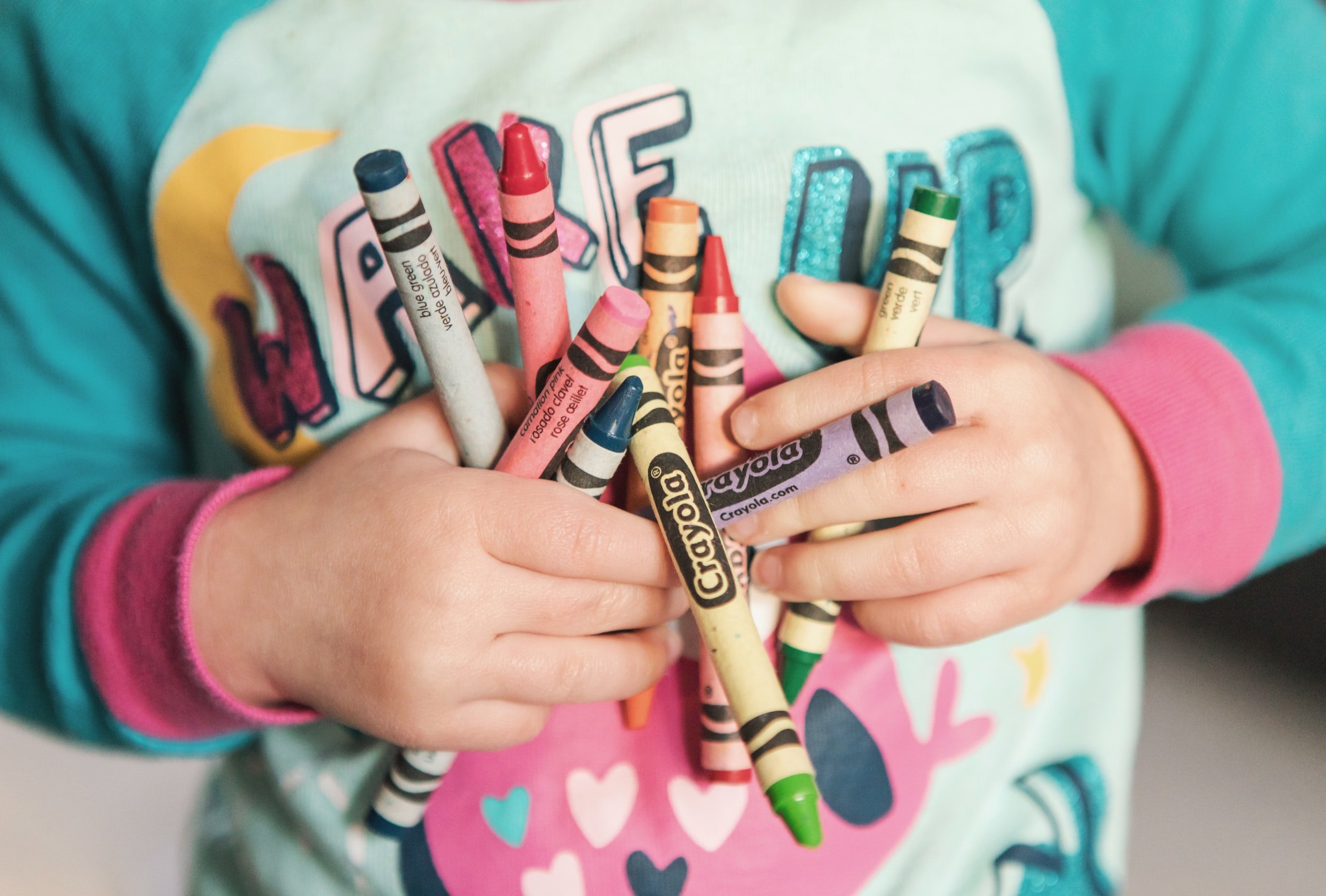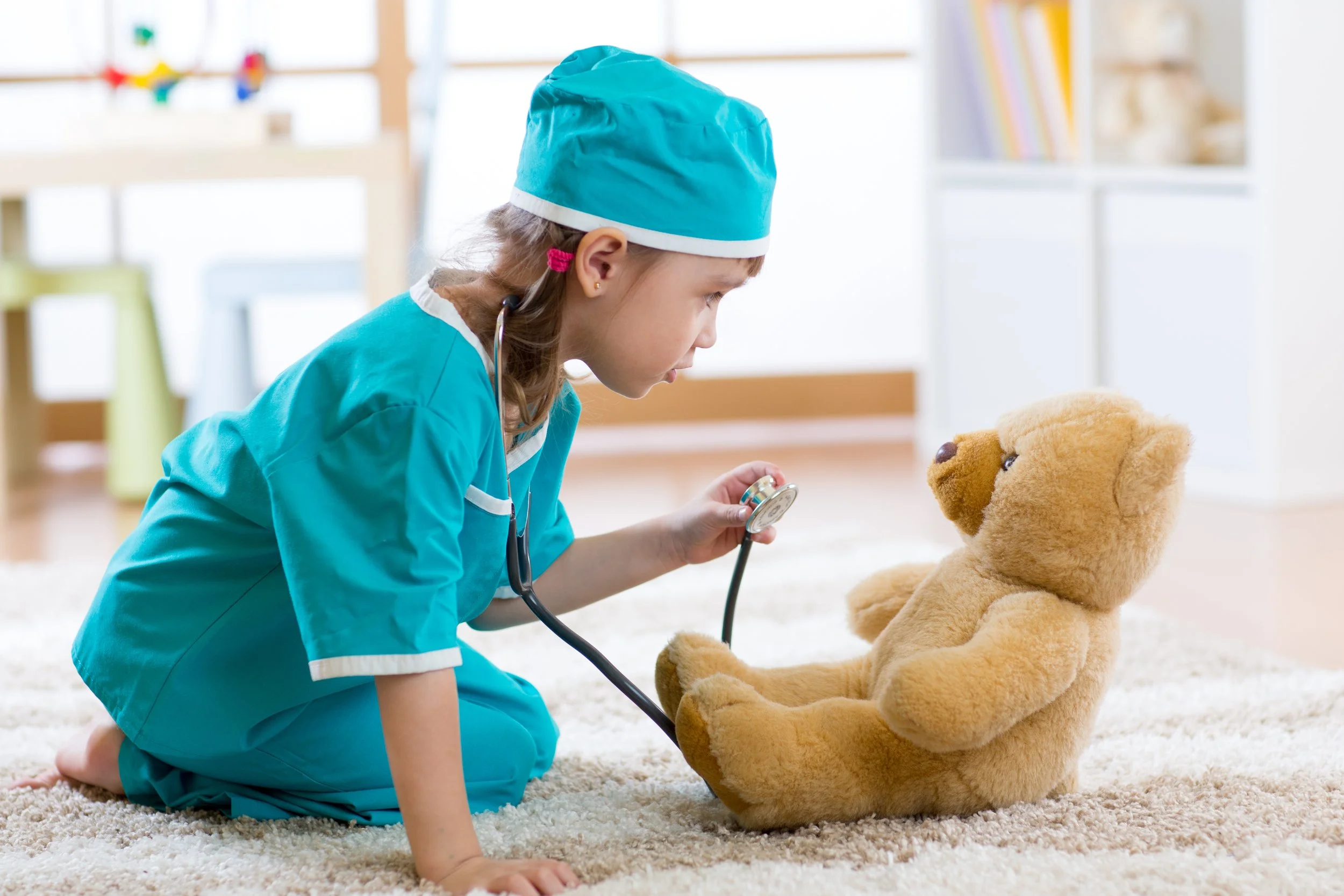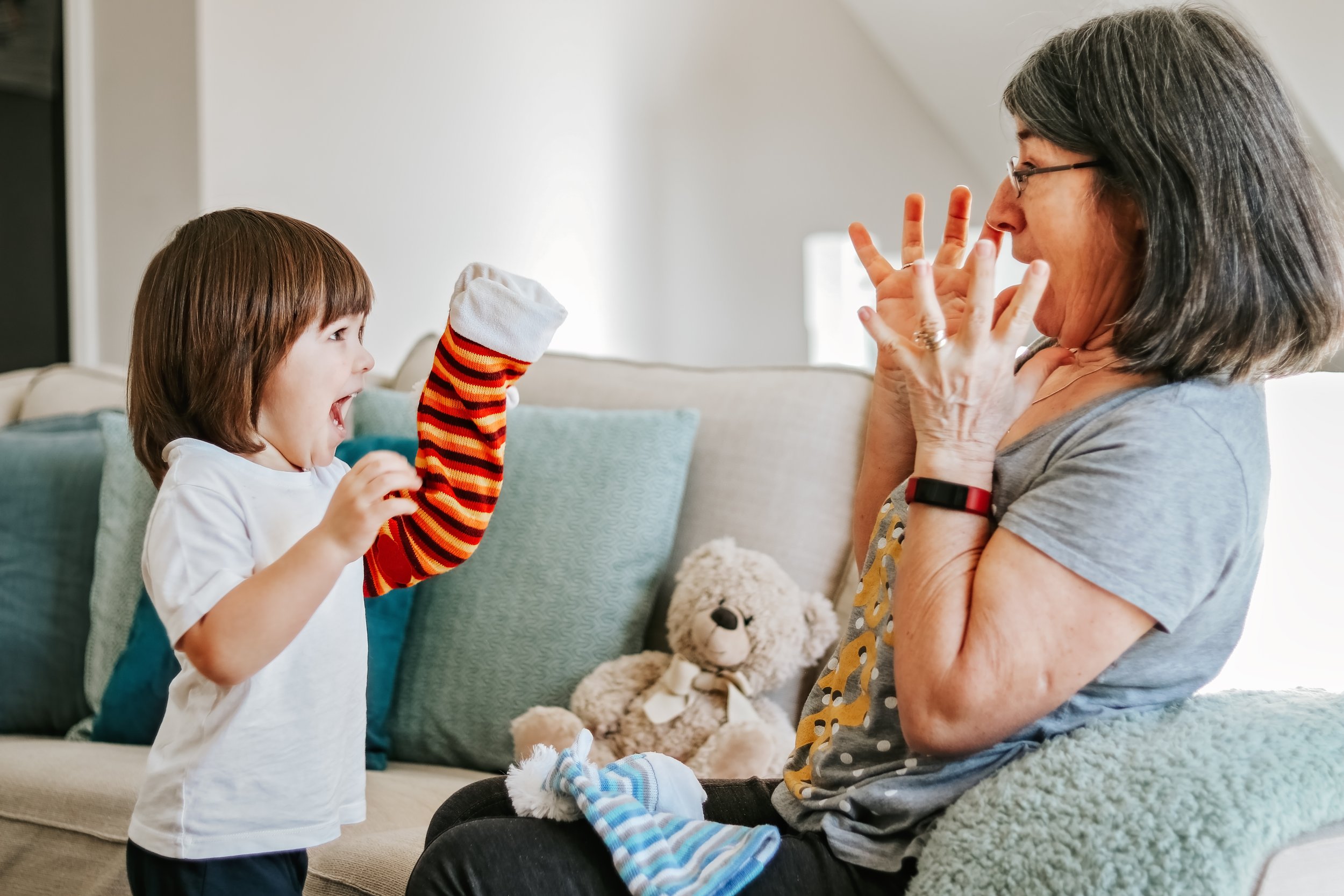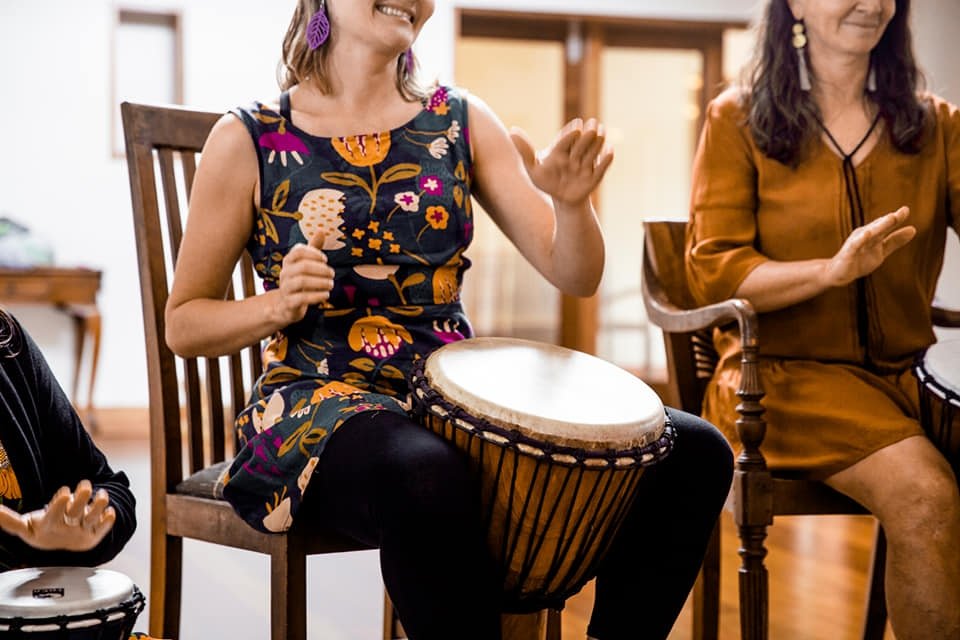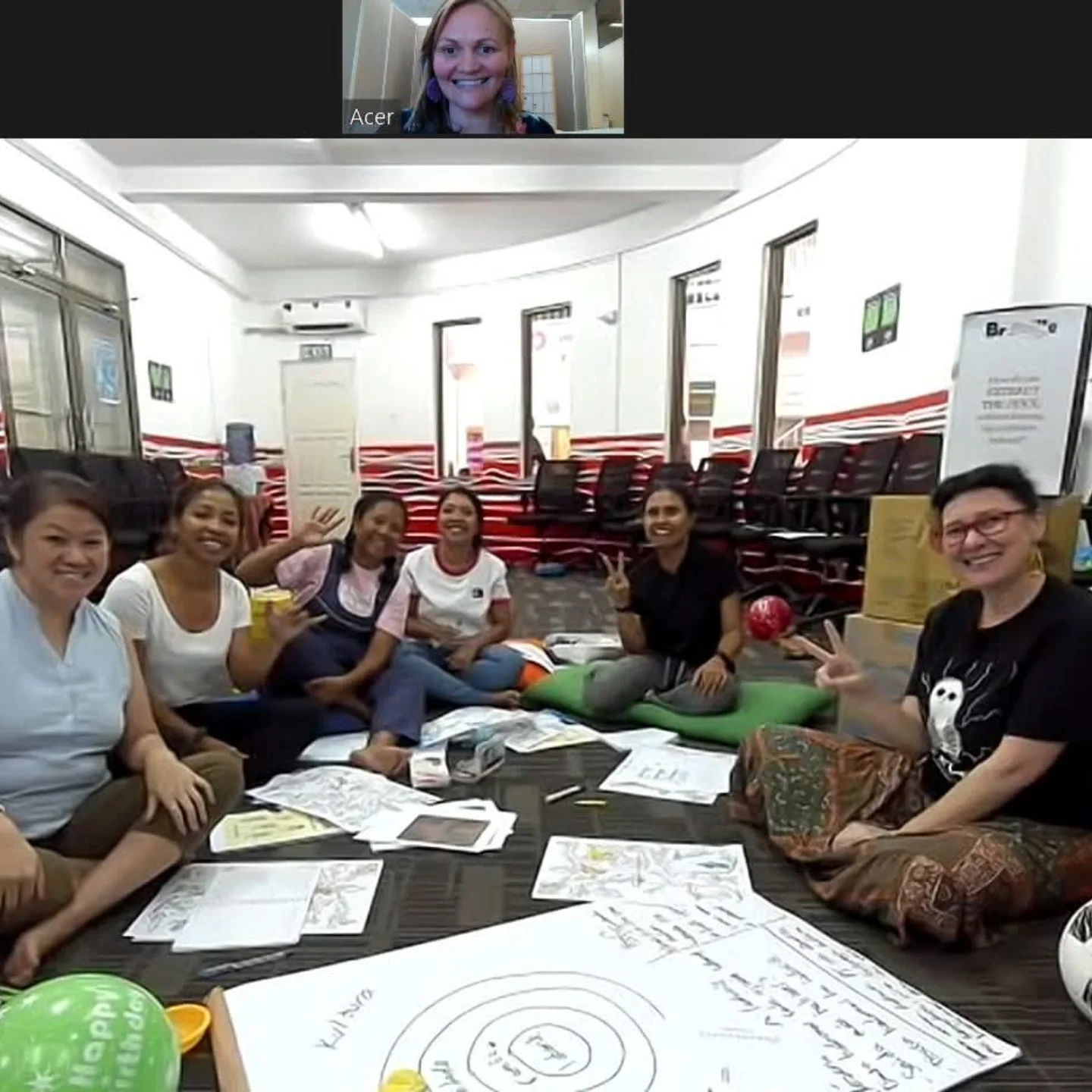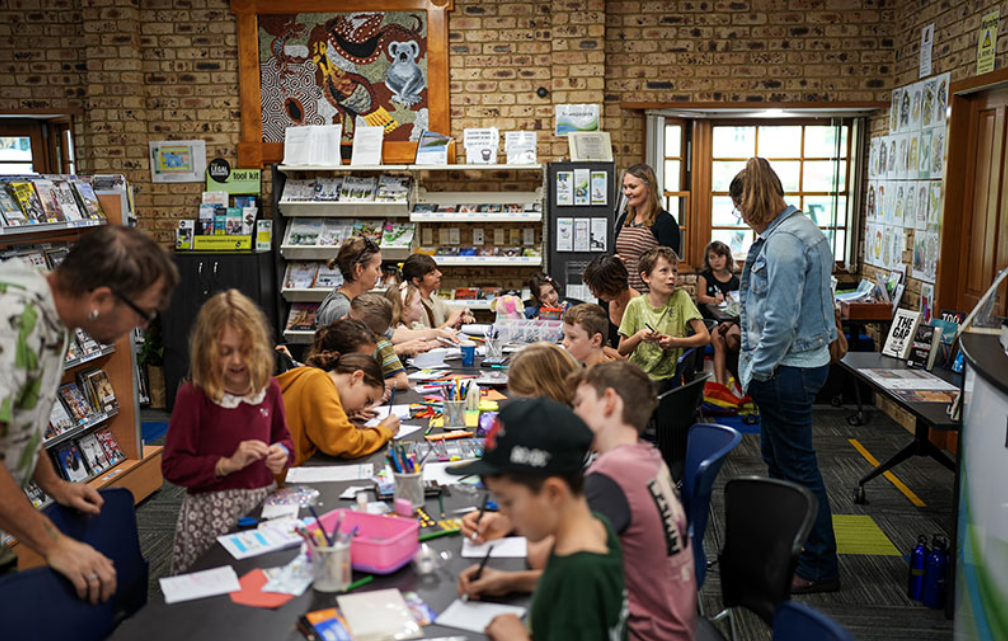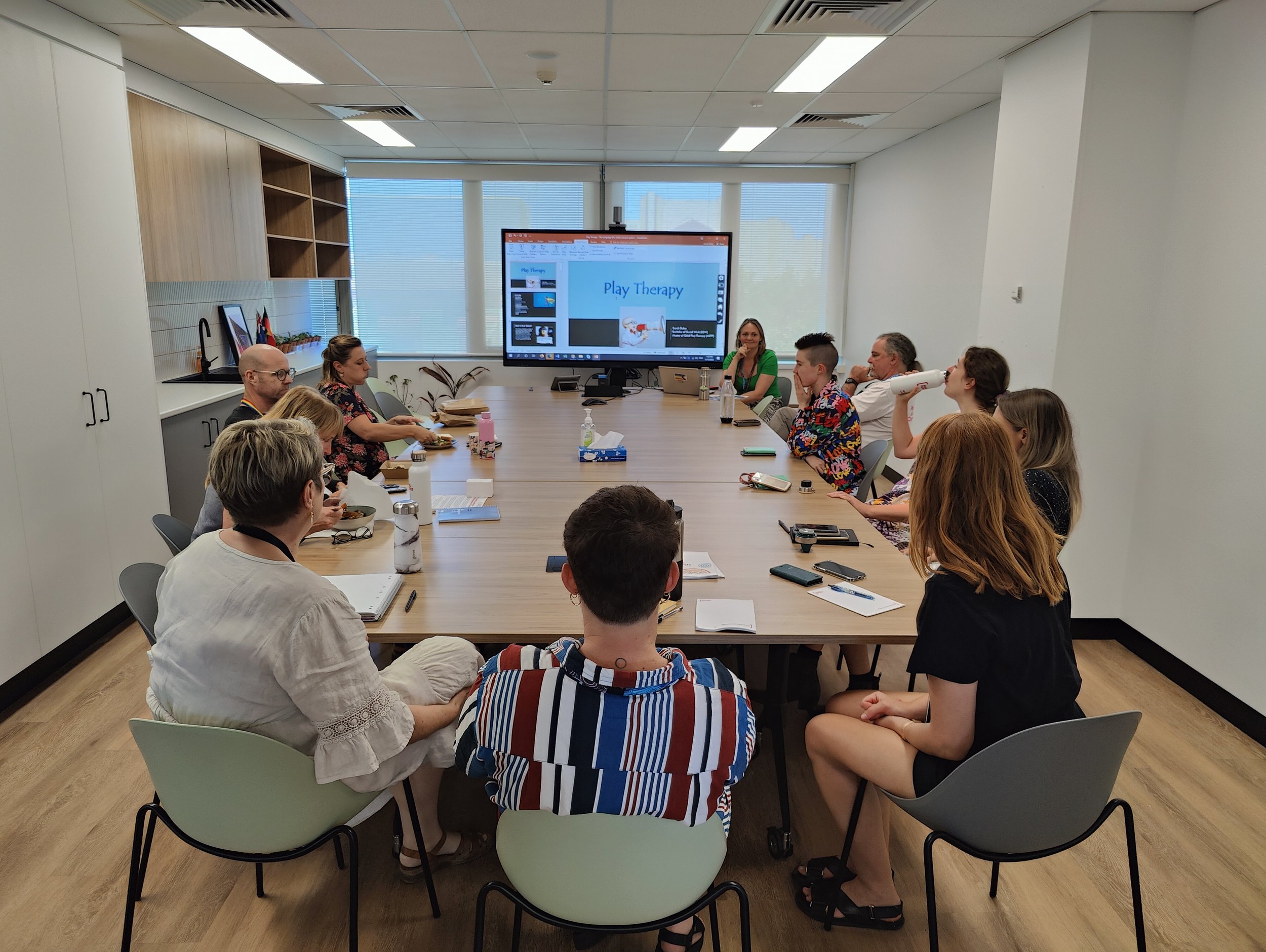
Services Available

Services Available
-
Individual therapy is available across the life span, for children, young people and adults.
-
Family therapy is available to work with the whole of the family. See available family therapies below.
-
Therapeutic groups can be designed for specific cohorts of children and young people.
Sarah is also trained to facilitate parenting groups.
-
Sarah provides relational, evidence-informed training and consultancy to strengthen trauma-responsive, play-based, and attachment-focused practice
-
Sarah provides reflective supervision for social workers, play therapists, child and family workers, therapists, and early childhood educators.
Individual Therapy:
Individual therapy at Nested Hearts supports children, adolescents, and adults through a person-centred, relational, and developmentally informed approach. Grounded in humanistic values and Play Therapy principles, Sarah’s work focuses on safety, connection, and each person’s innate capacity for growth and healing.
Integrating Focused Psychological Strategies within a trauma-responsive and attachment-informed framework, Sarah blends evidence-based and creative approaches to meet the needs of the whole person, their story, nervous system, and environment, ensuring therapy is both clinically grounded and deeply human.
Child Centered Play Therapy
Child-Centered Play Therapy (CCPT) is a non-directive, evidence-based approach (Lin & Bratton, 2015) that offers children a safe space to express themselves through play, their natural language. Within a trusting relationship, children choose how and what to play, exploring feelings, experiences, and relationships in their own way and at their own pace. The therapist provides warmth, curiosity, and acceptance, helping the child access the healing power of play to build confidence, emotional understanding, and self-regulation. CCPT supports children experiencing anxiety, trauma, grief and loss, bullying, neurodivergence such as autism & ADHD, as well as relational differences and behaviours often described as oppositional or avoidant.
Learn to play
Learn to Play Therapy helps children develop the imaginative and pretend play skills that support social, emotional, and cognitive growth. It’s particularly helpful for children aged 18 months to 10 years who find play, imagination, or connection more challenging. Developed by Dr. Karen Stagnitti, this approach is especially supportive for children with NDIS funding working toward functional capacity building goals such as communication, social interaction, emotional regulation, and problem-solving.
The child leads the play, and the therapist becomes a co-player, responding to the child’s interests and play themes to gently facilitate targeted functional skills. Learn to Play is offered within a child-centred, neuroaffirming framework, integrating both Child-Centred Play Therapy (CCPT) and Learn to Play approaches at each child’s own pace.
Expressive and Creative Therapy
Expressive and Creative Therapies use art, sandtray, music, movement, storytelling, and imagination to support healing and self-expression. Rooted in the understanding that creativity is a natural language of emotion, this approach helps people explore feelings and experiences that may be difficult to express with words.
Sarah integrates expressive and creative methods within both directive and non-directive approaches. Her work is guided by awareness of each person’s body, nervous system, and capacity for expression, using creative process to access safety, meaning, and insight. These approaches are adapted for children, adolescents, and adults, and are often woven alongside EMDR, parts work, and play-based therapies to deepen integration and healing.
Relational Integrative EMDR
Eye Movement Desensitisation and Reprocessing (EMDR) is an evidence-based therapy that helps people process and heal from distressing or traumatic experiences. It uses gentle bilateral stimulation, such as eye movements, tapping, or sounds—to help the brain reprocess memories, reduce emotional intensity, and restore a sense of balance.
Relational Integrative EMDR (RI-EMDR) expands on traditional EMDR by honouring the whole person—not just the symptoms. It is gentle, flexible, and deeply relational, working at the pace of the nervous system and within the safety of connection. RI-EMDR integrates attachment-informed and somatic approaches, mindfulness, Polyvagal Theory, and parts work, which recognises and supports the different aspects or “parts” within us that hold experiences, emotions, or protective roles. It creates space for story, imagery, and meaning-making to guide healing, not just protocol.
In Sarah’s practice, EMDR is also blended with Play and Expressive Arts Therapies, incorporating sandtray, art, movement, and drumming to support regulation and integration. This creative and embodied approach allows children, young people, and adults to process trauma gently, strengthen inner resources, and reconnect with their sense of safety, vitality, and self.
Resource Therapy (Advanced Ego States)
Resource Therapy is an advanced parts-based psychotherapy that helps people understand and heal the different parts of themselves. It supports the resolution of inner conflict, attachment trauma, complex PTSD, anxiety, chronic pain, and other challenges rooted in past experiences.
Developed in Australia, Resource Therapy offers a structured yet flexible approach for working with complex trauma and the inner world of parts. It recognises that we all have many “resources” or inner states that take on roles to help us survive and cope. Through gentle exploration, clients can connect with these parts, bring understanding and compassion to them, and support healing from within.
Resource Therapy can be used as a complete therapeutic approach or integrated with other modalities such as EMDR, Play Therapy, and somatic or expressive therapies to deepen trauma resolution and emotional integration.
Focused Psychological Strategies (FPS)
Focused Psychological Strategies (FPS) provide evidence-based, short term goal-oriented interventions to help individuals manage emotional distress, build coping skills, and enhance wellbeing. Each plan is tailored to the person’s needs, developmental stage, and goals for growth.
Sarah uses FPS within a relational, neuroaffirming, and trauma-responsive framework. Cognitive Behavioural Therapy (CBT) helps identify and shift unhelpful thought patterns; Dialectical Behaviour Therapy (DBT) supports emotional regulation and distress tolerance; Acceptance and Commitment Therapy (ACT) builds mindfulness and values-based living; Interpersonal Therapy (IPT) focuses on improving communication and relationship patterns; and relaxation and mindfulness practices promote calm, body awareness, and nervous system regulation. Together, these interventions support emotional stability, resilience, and a stronger connection to self and others.
Family Therapy:
Families play a vital role in a child’s healing and wellbeing. When parents and carers feel supported and connected, children are more likely to feel safe and thrive.
Grounded in social work values of respect, collaboration, and empowerment, Sarah works alongside families to build understanding, strengthen relationships, and create secure, nurturing environments. Drawing on a range of family therapy approaches, support is tailored to each family’s unique needs and goals.
Filial Therapy
Filial Therapy focuses on strengthening the parent–child relationship through play. In this approach, parents and carers learn how to run special play sessions where they follow their child’s lead, using specific skills to support their child’s emotional and social wellbeing (VanFleet, 2011).
The therapist guides and models these techniques, helping caregivers build confidence, empathy, and understanding. Over time, the skills learned in these sessions naturally begin to flow into everyday interactions, creating stronger, more connected relationships at home.
The Circle of Security® Parenting™ program
Sarah is a trained facilitator in the Circle of Security® Parenting™ program, an approach based on decades of research into attachment and secure relationships. The program helps parents and carers understand their child’s emotional needs and how to respond in ways that build safety and trust.
The Circle represents a child’s need to move out to explore and return for comfort and connection. The two hands symbolise the caregiver’s role—one supporting exploration and independence, the other providing comfort, safety, and love. Through this framework, parents learn practical ways to strengthen connection and confidence in their relationships with their children.
Theraplay
Theraplay is a dyadic child and family therapy. Theraplay is an effective intervention to support healthy child/caregiver attachment. This more directive play therapy approach is effective when working with children who have experienced developmental trauma and require more directive scaffolding in repairing attachment wounds. Theraplay can be used with people of all ages, including babies and when adapted can also be used with adolescents.
Dyadic Developmental Psychotherapy
Dyadic Developmental Psychotherapy (DDP) is an attachment-focused approach that helps parents and carers build stronger, more trusting relationships with their children. It is especially helpful for families where early experiences or trauma have made connection and trust more difficult.
Through DDP, parents learn to understand what drives their child’s behaviours and emotions, seeing them through a lens of safety and compassion. Sessions focus on creating connection through the principles of PACE—Playfulness, Acceptance, Curiosity, and Empathy. This approach can be used on its own or alongside more playful methods, such as Theraplay, to support healing and strengthen attachment.
Group Programs:
Sarah develops and facilitates creative, evidence-informed group programs for children, young people, and communities. With over 15 years of experience in schools and community settings, she creates safe, engaging spaces for connection and growth.
Programs focus on building emotional resilience, self-awareness, and social skills through play, creativity, music, and rhythm, supporting wellbeing, inclusion, and emotional development.
Rhythm to Recovery
Rhythm to recovery utilises fun and engaging rhythmic musical activities to support social and emotional development. Based on the latest neuro-science. This approach has been shown to support increased emotional regulation, improved social connection and reduced levels of anxiety and other elements of psychological distress.
Emotional Resilience and Wellbeing Group
The emotional resilience and wellbeing group can be designed to meet the developmental need’s and specific concerns relevant to that group. Group’s are therapeutic, and use a range of creative and engaging experiential activities to support children to express, reflect, connect and grow in a group setting. Groups use a variety of different expressive and play based activities such as movement, art, drama and music. Groups are intentionally engaging, regulating and focused on creating a felt sense of connection and safety, both within the individual and within the group.
Growing Strong, Kind Kids Program
In 2023, Sarah partnered with Kyogle Family Support Services to create a school-based domestic violence prevention program following a community call for early education around healthy relationships. Developed with community input and guided by best practice research, the program is trauma-informed, developmentally appropriate, and grounded in Bruce Perry’s Neurosequential Model to promote safety, regulation, and connection.
Integrating creative and body-based approaches such as Rhythm 2 Recovery, Tree of Life (Narrative Therapy), Water Play Therapy, Dramatherapy, and Expressive Arts, the six-week program helps children build emotional resilience and learn about safety, boundaries, and respectful relationships through play, rhythm, and connection. The pilot at Woodenbong Central School received excellent feedback from teachers and students, highlighting its positive impact on confidence and understanding
Training & Consultancy
Sarah provides training, supervision, and consultancy for social and community workers, educators, and organisations in Australia and internationally. With over two decades of experience across social and community services, including work in First Nations communities and international community-based settings, she brings a grounded, culturally responsive, and participatory approach to all her work.
Specialising in working with children and trauma, Sarah integrates her Play Therapy knowledge with social work values, systemic thinking, and a deep understanding of attachment, the nervous system, and child development. Her approach draws on neurosequential and relational models of healing, helping professionals understand behaviour and relationships through a developmental and trauma-responsive lens.
Sarah is currently consulting with The Asia Foundation in Timor-Leste, supporting the Violence Against Children program and supporting the development of a Play Therapy initiative. In Australia, through Early Childhood Australia (NSW Branch), she partners with local preschools to deliver professional development for early childhood educators focused on trauma, development, and therapeutic play.
Her training and consultancy services are evidence-informed, creative, and relational, supporting professionals and organisations to strengthen trauma-responsive, play-based, and attachment-focused approaches to wellbeing and community connection.
Play Therapy presentation at Social Futures
“Sarah’s presentation was so knowledgeable and outstanding. Everyone was inspired and very grateful”
Frank Couglan - Child and Family Counsellor
Creative Recovery Workshops at Tuntable Community School
“Thank you Sarah. The activities that you presented were beautifully crafted and immediately applicable to our students, such wonderful tools for gently and creatively moving through recovery from trauma. They are very relevant to our student group, but also carry over to all ages. Very clever and from the heart. We very much hope to have you back at our school in the future”
Joe Landers - Tuntable Falls Community School
Play Therapy Consultancy Online - The Asia Foundation - Timor-Leste, NABILAN Team
“I love everything about the training; your ways and methods of delivering the training, and how you are referencing the materials and methods to Timorese context”
Anonymous Survey Participant, NABILAN Team - The Asia Foundation, Timor-Leste
Growing Strong Kind Kids Facilitator Training - Kyogle Family Support Service (KFSS)
“This program was lovely and authentic. The training incorporated practical approaches to equip children with an understanding of their own and others emotional regulation. Many valuable tools and tips were taught in the training for facilitators of the program to share with future participants. Sarah shared valuable knowledge and an enthusiasm that was infectious. Thankyou.”
Anonymous Survey Participant, KFSS

